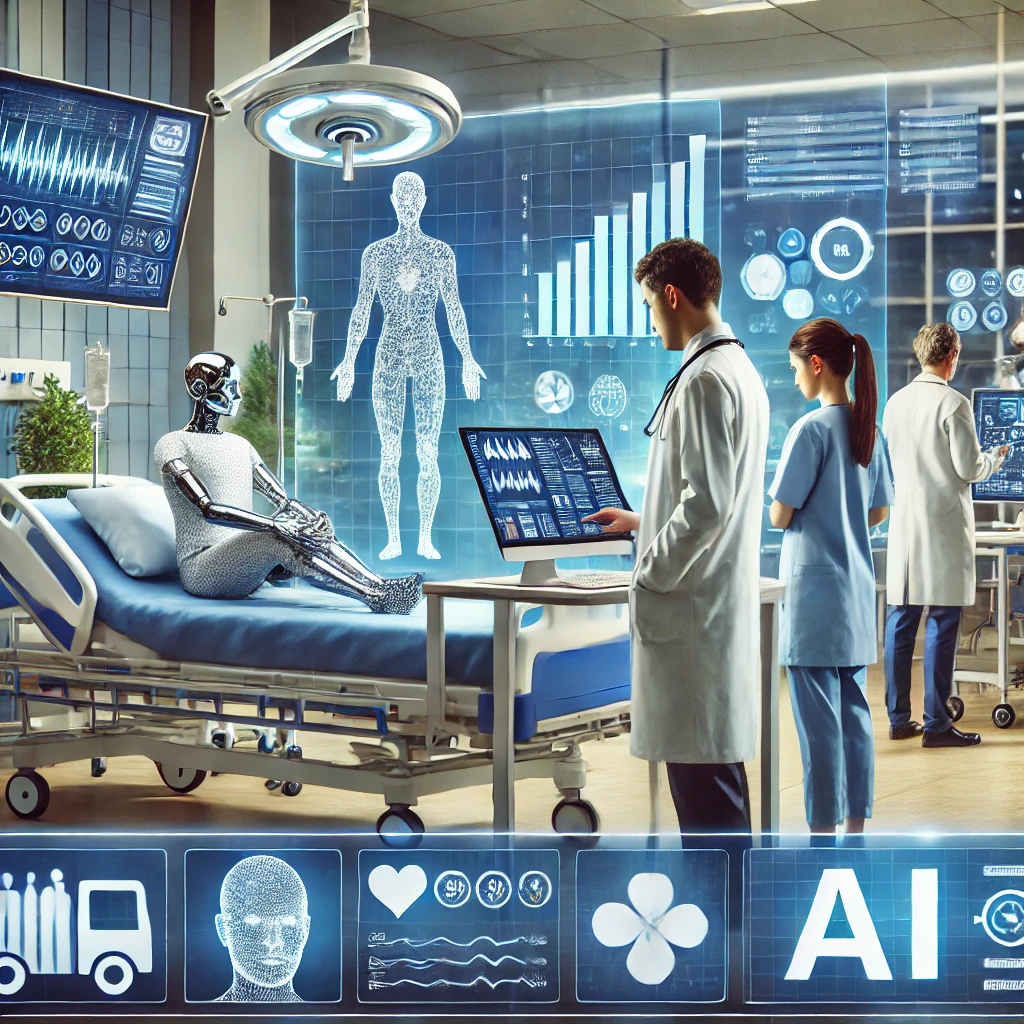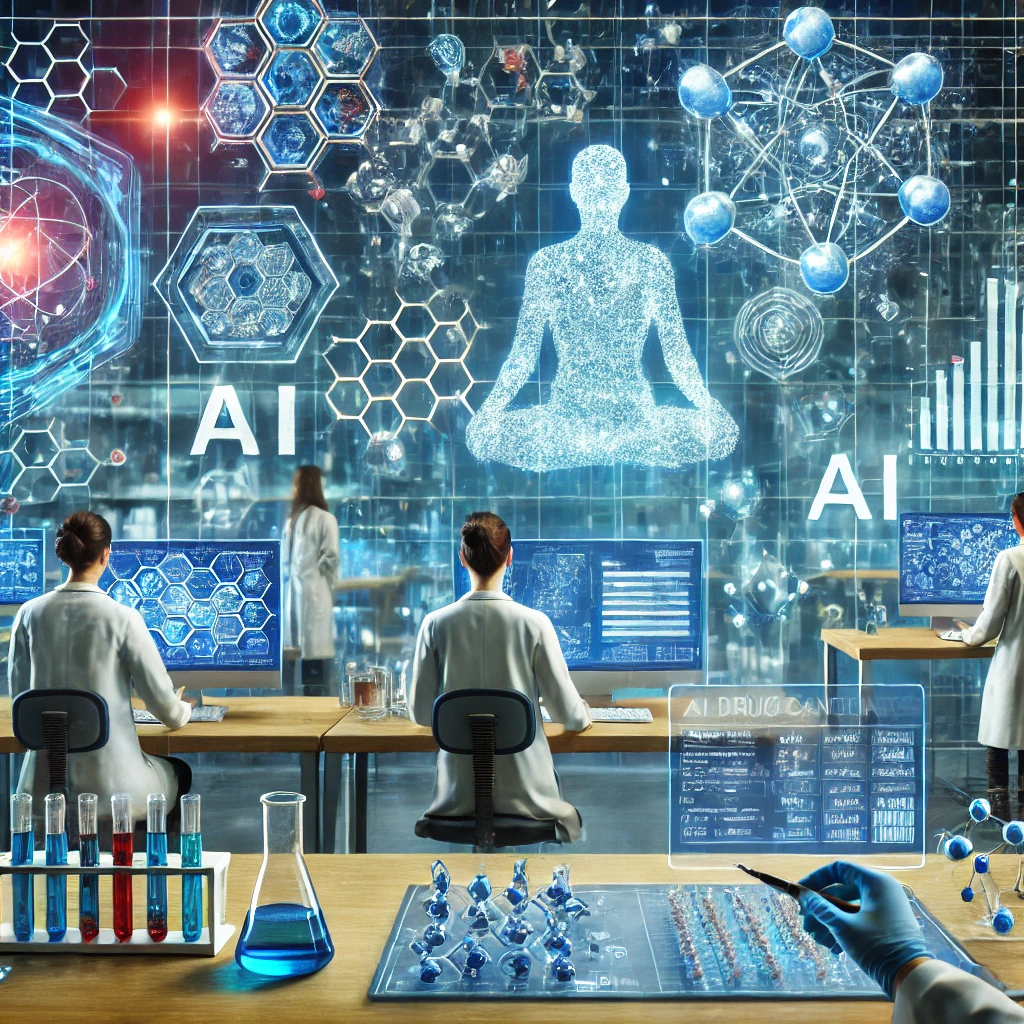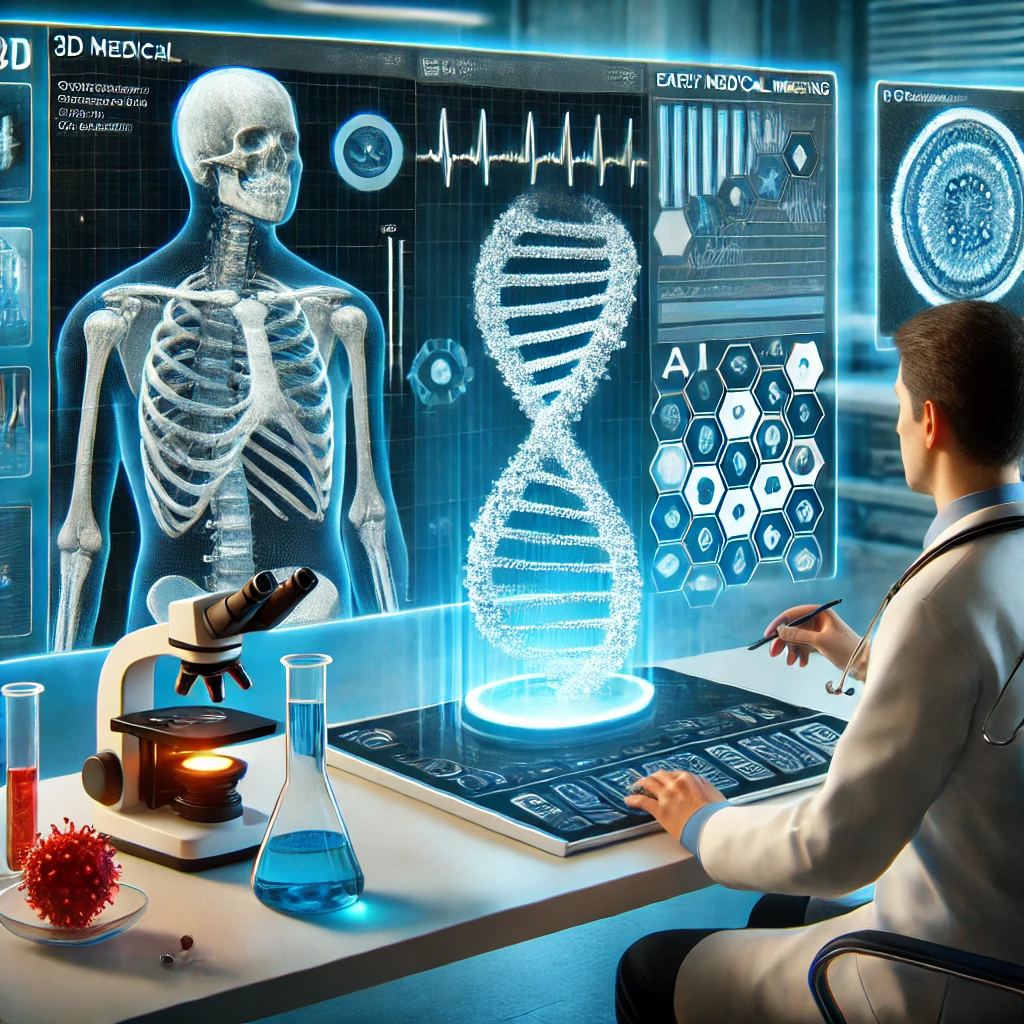Healthcare Resource Optimization: Leveraging AI for Enhanced Hospital Resource Management
AI is transforming hospital resource management by optimizing staff scheduling and equipment usage, leading to improved patient care, reduced costs, and enhanced efficiency. Through predictive analytics and real-time tracking, hospitals can better anticipate demand, ensure balanced workloads, and maintain critical equipment. As AI continues to evolve, its integration into healthcare will be essential for maintaining operational excellence and delivering high-quality care.








